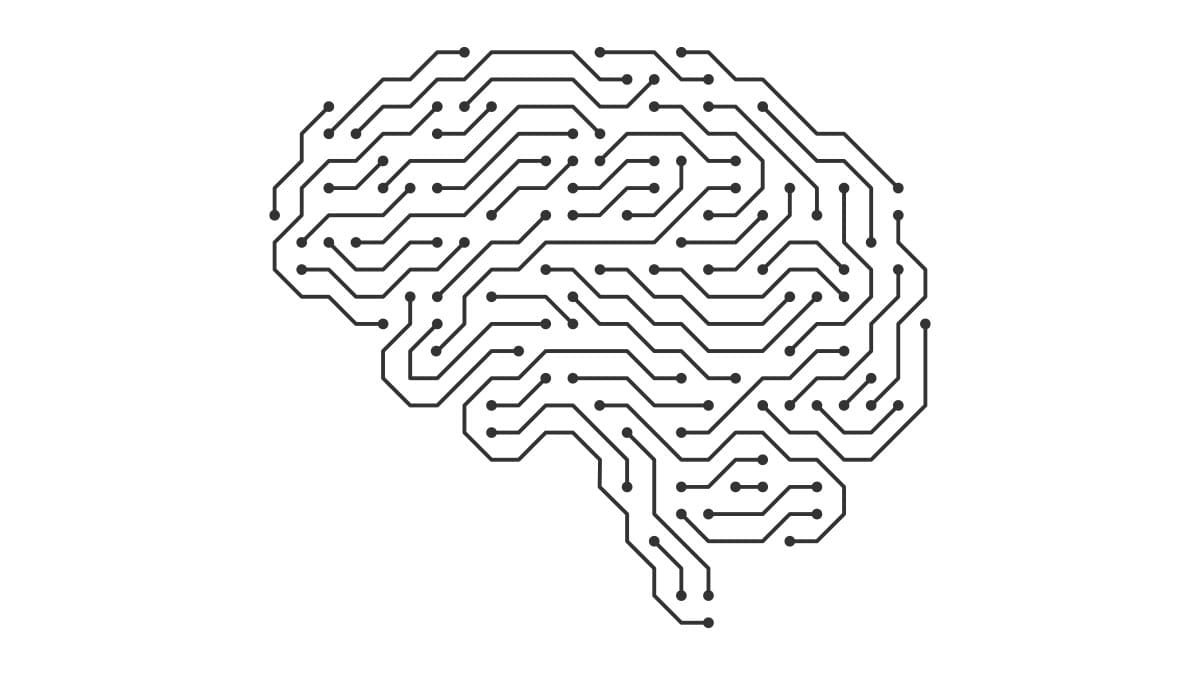Hearing aids and artificial intelligence could change the hearing aid landscape. Thanks to some exciting technological breakthroughs, we’ve been witnessing some pretty amazing developments in AI. AI-powered hearing aids may be able to increase hearing capabilities by as much as 55% in noisy situations. This could also have an impact on other health challenges that often increase with hearing loss.
Mental health is often compromised early on. As hearing loss progresses, those experiencing the loss tend to socially isolate for fear of embarrassing themselves. Social environments also become stressful and the effort needed to try to listen to a conversation, especially in noisy rooms, can lead to fatigue. As distancing from others increases and communication declines, other mental health issues begin to emerge such as depression and anxiety. AI could be an important tool in bridging that gap and reducing social isolation and the mental health challenges that come with it early on.
How AI works with hearing aid technology
Advanced analytics algorithms that are at the heart of this technology streamline the information that the user needs to provide the best possible experience. Patterns are detected, and incoming information is separated in real-time. Incoming data including audio, video, and text, provide the foundation for deep learning (DL) to not only understand the user’s unique needs but to also make sense of and make ongoing adjustments based on the environment.
Now, when we bring this technology into audiology, it can personalize the way hearing aids function to optimize communication even further. AI can filter through the noise and detect important sounds more accurately for the user, making it easier to pick up on the important areas of communication. This can provide an increasingly optimal experience. Machine learning drives AI to listen and learn as we do but at a much faster pace.
Even though this is incredible technology, it comes with its unique challenges. These AI algorithms are only as good as the quality of the data that is used to teach them. The more varied and extensive the data, the better these algorithms perform. But getting top-notch, diverse audio data can be a real puzzle, and that could create issues.
On top of that, we’re in a digital age, which means data privacy and security are critically important. However, hearing aid manufacturers are always striving to ensure that the privacy of users is protected.
Even though AI is good at mimicking how our ears work, it’s not as good as our brains yet. So, while AI-powered hearing solutions are making progress, they’re still a bit of a work in progress themselves. However, there is no question that they will change the future of hearing aid technology.
You may also be interested in…
- Vertigo and hearing loss
- The Connection Between Hearing and Multiple Sclerosis (MS)
- Hearing Aids and AI
- Hearing loss and dizziness
- Hearing loss and exercise


